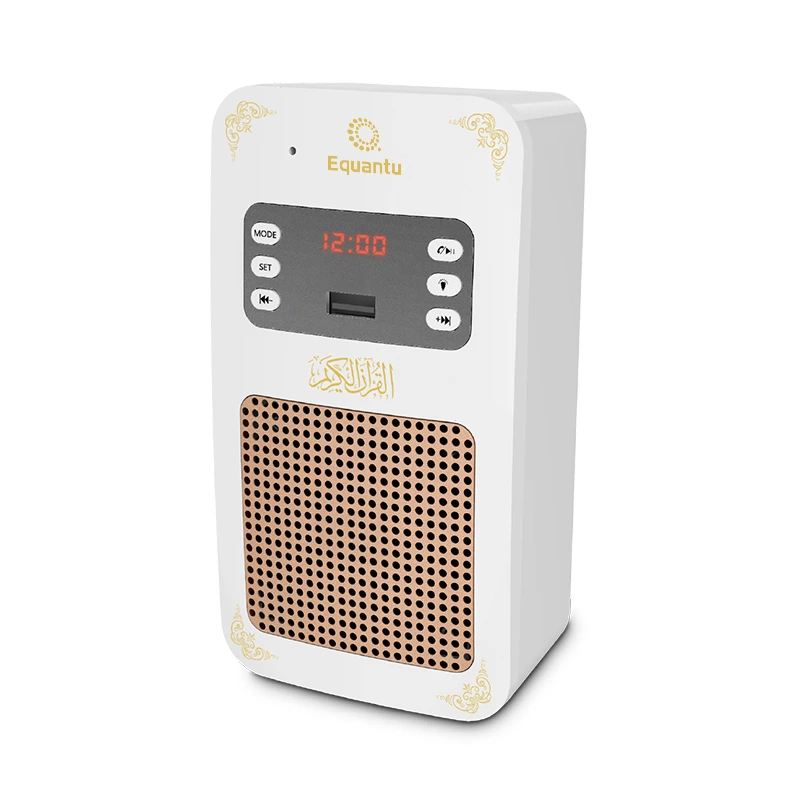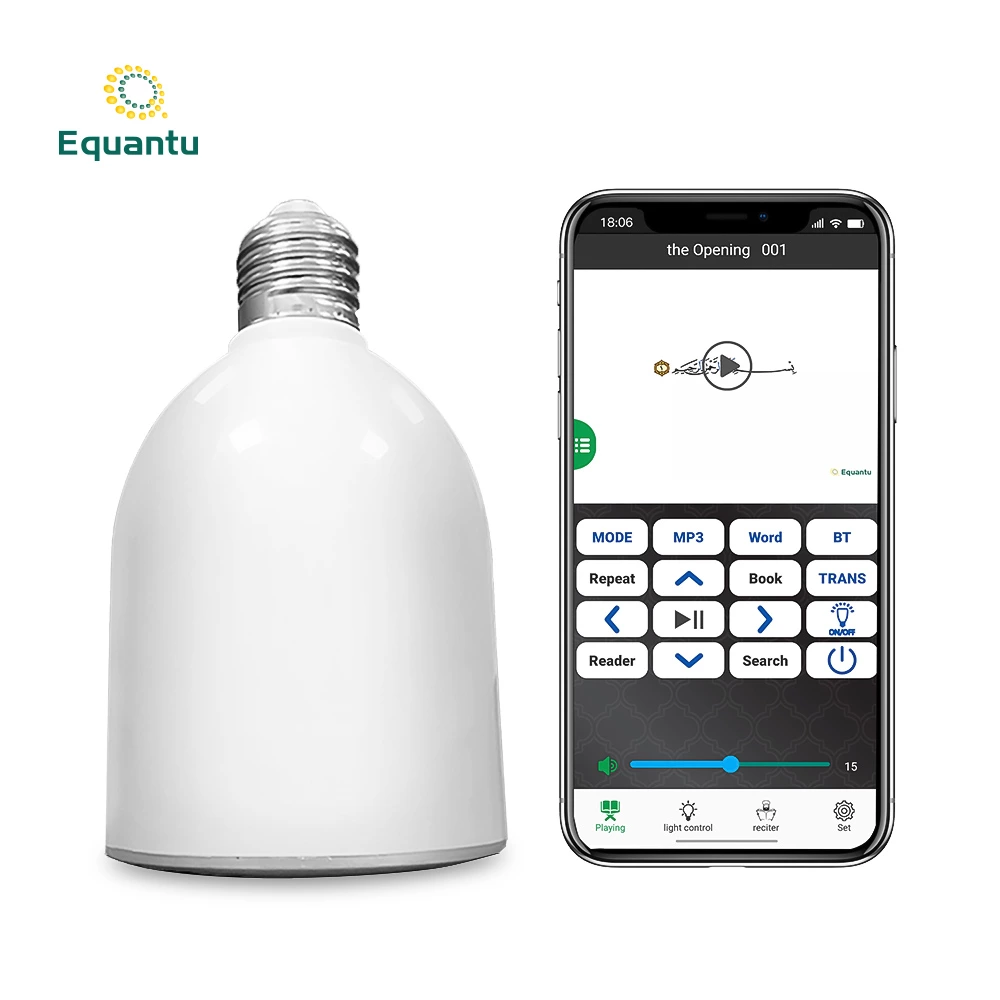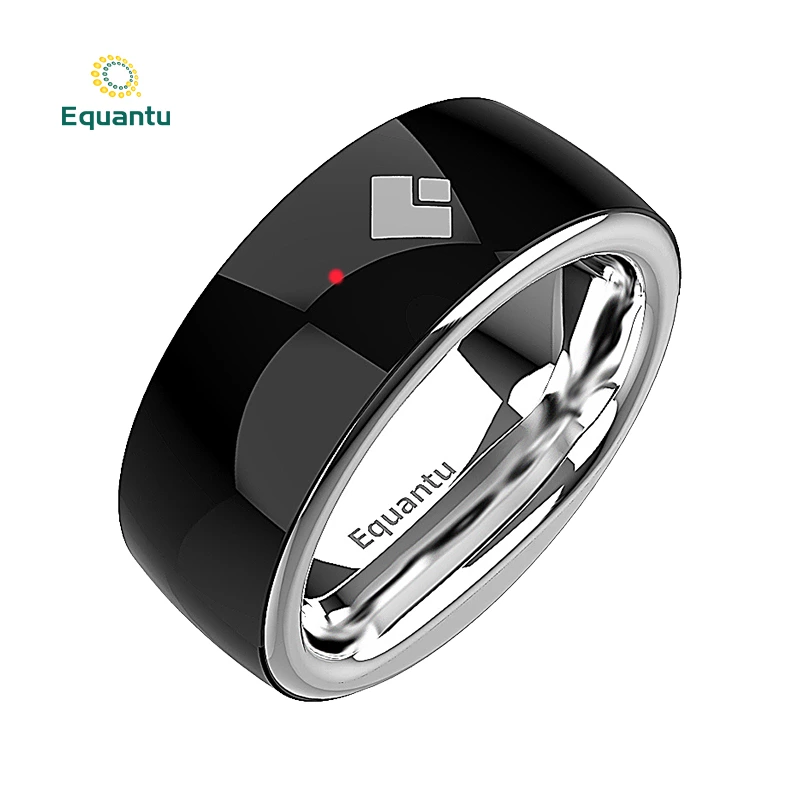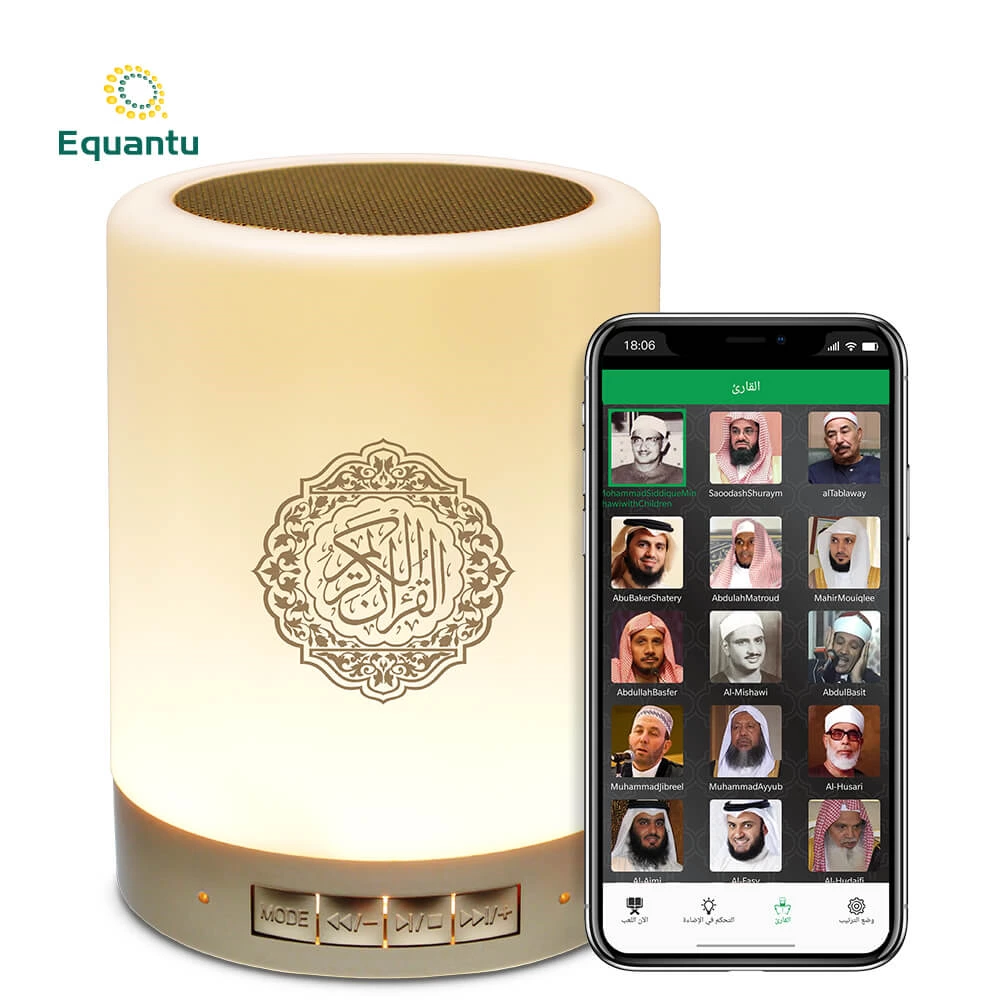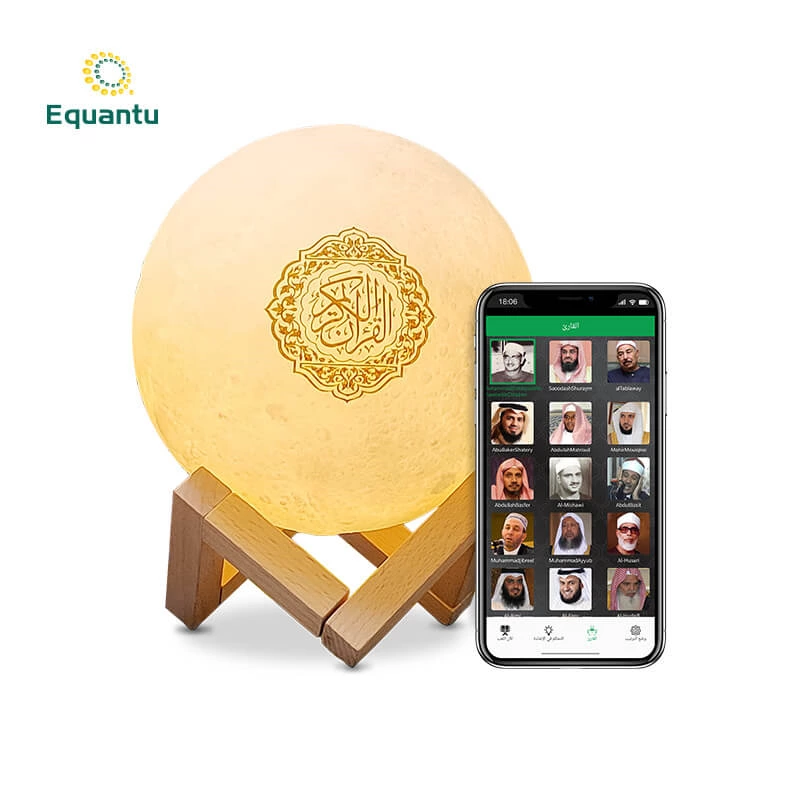Understanding the Islamic Calendar
Basics of the Hijri Calendar
- Lunar-based, with months beginning at the sighting of the new crescent moon.
- Years are counted from the Hijra, the emigration of Prophet Muhammad from Mecca to Medina (622 CE).
- Consists of 12 months, each lasting 29 or 30 days.
Difference from the Gregorian Calendar
- Islamic year is about 11 days shorter than the solar year.
- Islamic dates move earlier in the Gregorian calendar by about 11 days each year.
The Twelve Islamic Months
1. Muharram
- Meaning: "Forbidden" - It is one of the four sacred months in which warfare is prohibited.
- Significance:
- Islamic New Year
- Day of Ashura (10th of Muharram)
- Traditions: Fasting, especially on the 9th and 10th days.
2. Safar
- Meaning: "Void" or "Yellow"
- Historical Context: Traditionally a time when houses were empty as people went for trade.
- Cultural Beliefs: Some consider it an unlucky month, though this is not based on Islamic teachings.
3. Rabi' al-Awwal
- Meaning: "First Spring"
- Significance:
- Birth month of Prophet Muhammad
- Month of his death
- Observances: Mawlid celebrations in some Muslim cultures
4. Rabi' al-Thani (or Rabi' al-Akhir)
- Meaning: "Second Spring"
- Characteristics: A time of continued spiritual renewal
5. Jumada al-Awwal
- Meaning: "First Month of Parched Land"
- Historical Significance: Various historical events in early Islamic history
6. Jumada al-Thani (or Jumada al-Akhir)
- Meaning: "Second Month of Parched Land"
- Observances: No specific rituals, but a time for continued spiritual growth
7. Rajab
- Meaning: "Respect" or "Honor"
- Significance: One of the four sacred months
- Traditions:
- Increased voluntary fasting
- Night of Raghaib (first Thursday night)
8. Sha'ban
- Meaning: "Scattered"
- Significance:
- Month preceding Ramadan
- Contains the Night of Mid-Sha'ban (15th night)
- Practices: Increased voluntary fasting and night prayers
9. Ramadan
- Meaning: "Scorching Heat"
- Significance:
- Month of fasting
- Revelation of the Quran
- Key Practices:
- Daily fasting from dawn to sunset
- Increased prayer and Quran recitation
- Laylat al-Qadr (Night of Power)
10. Shawwal
- Meaning: "Raised"
- Significance:
- Eid al-Fitr (1st of Shawwal)
- Six days of recommended fasting
- Traditions: Celebration, family gatherings, and charity
11. Dhu al-Qi'dah
- Meaning: "The Month of Truce"
- Significance: One of the four sacred months
- Historical Context: Traditionally a time when Arabs would refrain from warfare
12. Dhu al-Hijjah
- Meaning: "The Month of Pilgrimage"
- Significance:
- Month of Hajj (pilgrimage to Mecca)
- Eid al-Adha (10th of Dhu al-Hijjah)
- Practices:
- Hajj rituals
- Qurbani (animal sacrifice)
- Fasting in the first nine days (for non-pilgrims)
Special Characteristics of Islamic Months
Sacred Months
Four months are considered sacred in Islam:
- Muharram
- Rajab
- Dhu al-Qi'dah
- Dhu al-Hijjah
During these months, warfare is traditionally prohibited, and good deeds are believed to be more rewarded.
Importance of Moon Sighting
- Beginning of each month is determined by the sighting of the new crescent moon.
- Can lead to variations in the start dates of months in different parts of the world.
Significance in Muslim Life
Religious Observances
- Timing of Ramadan fasting
- Dates for Eid celebrations
- Scheduling of Hajj pilgrimage
Cultural Practices
- Traditional events and celebrations tied to specific months
- Historical commemorations
Personal Spiritual Journey
- Many Muslims use the Islamic calendar to plan their spiritual activities throughout the year.
Calculating and Converting Dates
Hijri Date Calculation
- Based on lunar cycles, making precise long-term calculations challenging
- Various mathematical models exist for approximation
Converting Between Hijri and Gregorian Calendars
- Online converters and apps available for easy conversion
- Important for Muslims living in countries that primarily use the Gregorian calendar
Modern Applications of the Islamic Calendar
In Muslim-Majority Countries
- Official calendar for religious observances
- Sometimes used alongside the Gregorian calendar for civil purposes
In Muslim-Minority Countries
- Used primarily for religious purposes
- Helps maintain connection to Islamic heritage and global Muslim community
Technology and the Islamic Calendar
- Smartphone apps for tracking Islamic dates and prayer times
- Integration of Hijri dates in digital calendars and operating systems
Conclusion
The Islamic months form the backbone of the Muslim calendar, guiding religious observances and cultural practices throughout the year. Each month carries its own significance, reflecting the rich history and spiritual depth of Islam. From the solemn fasting of Ramadan to the joyous celebrations of Eid, these months structure the religious and cultural life of Muslims worldwide.
Understanding the Islamic calendar is crucial not only for Muslims but also for anyone seeking to comprehend Islamic culture and practices. It provides insights into the rhythm of Muslim life, the timing of important religious events, and the spiritual focus of different times of the year.
As we navigate an increasingly interconnected world, awareness of different calendar systems like the Islamic calendar fosters cultural understanding and respect. For Muslims, the Hijri calendar serves as a constant reminder of their faith, connecting them to Islamic history and guiding their religious observances throughout the year.
Whether you're a Muslim looking to deepen your understanding of your faith's calendar or someone interested in learning about diverse cultural practices, the Islamic months offer a fascinating window into the temporal and spiritual organization of Muslim life.

